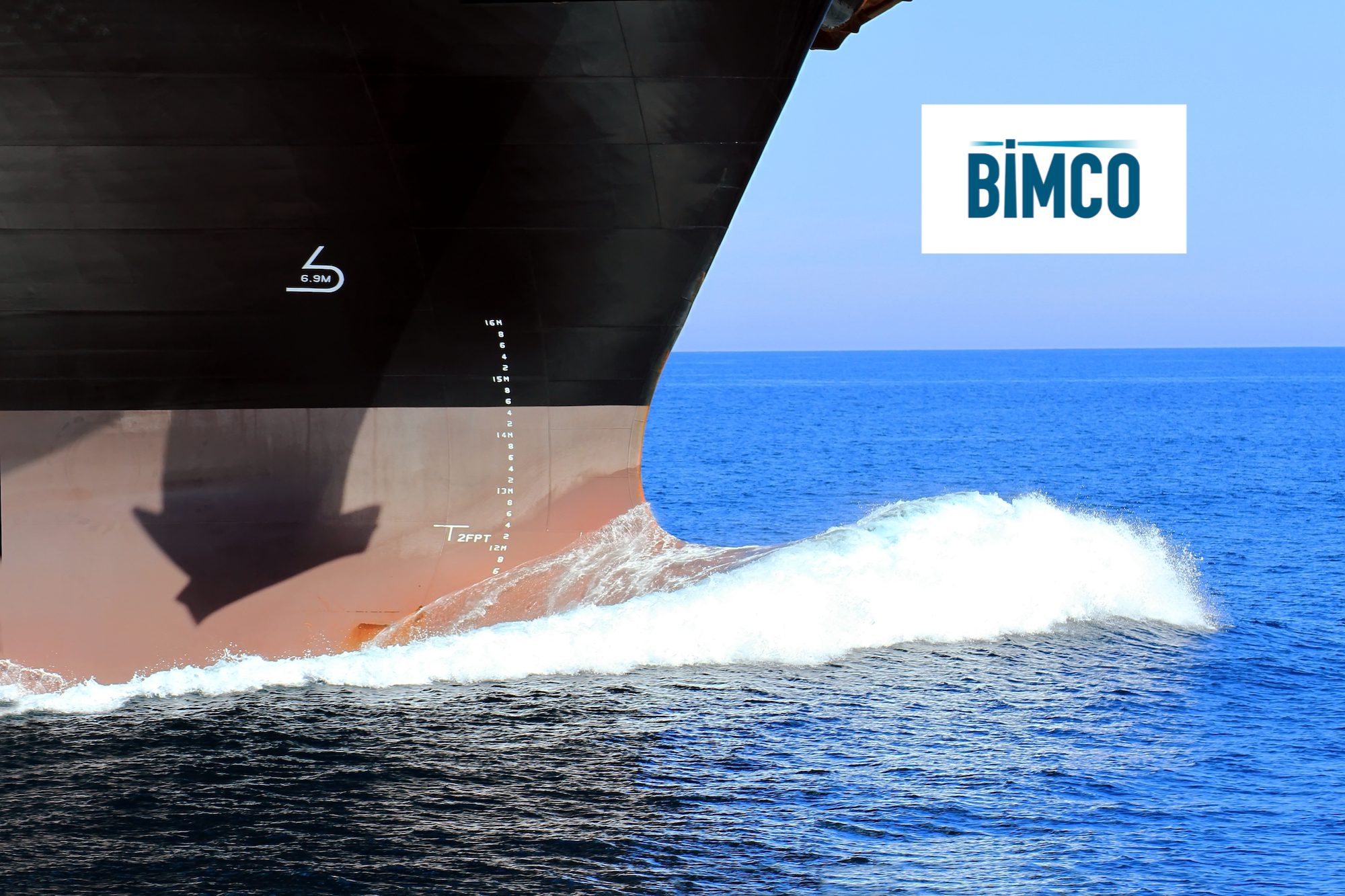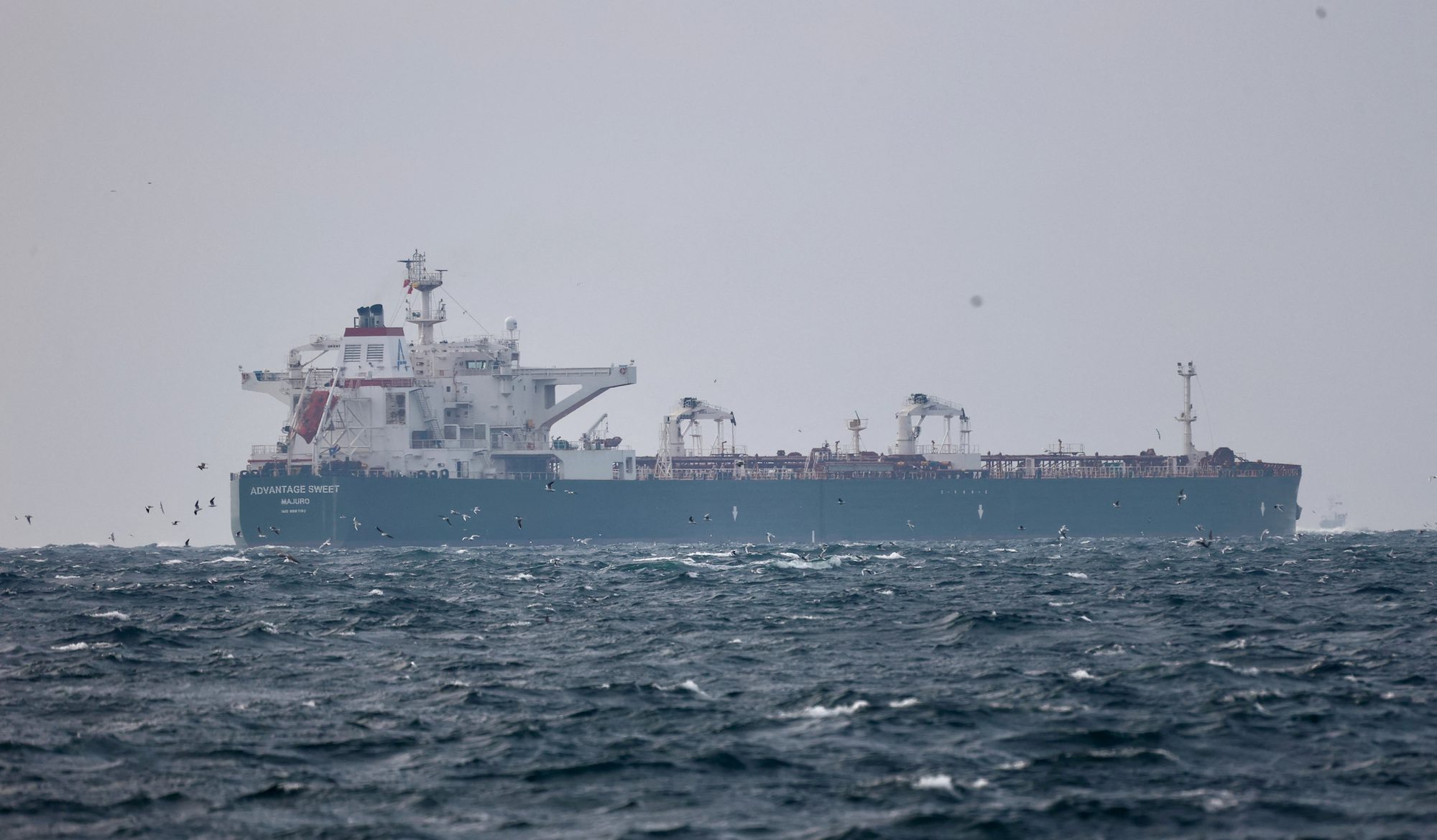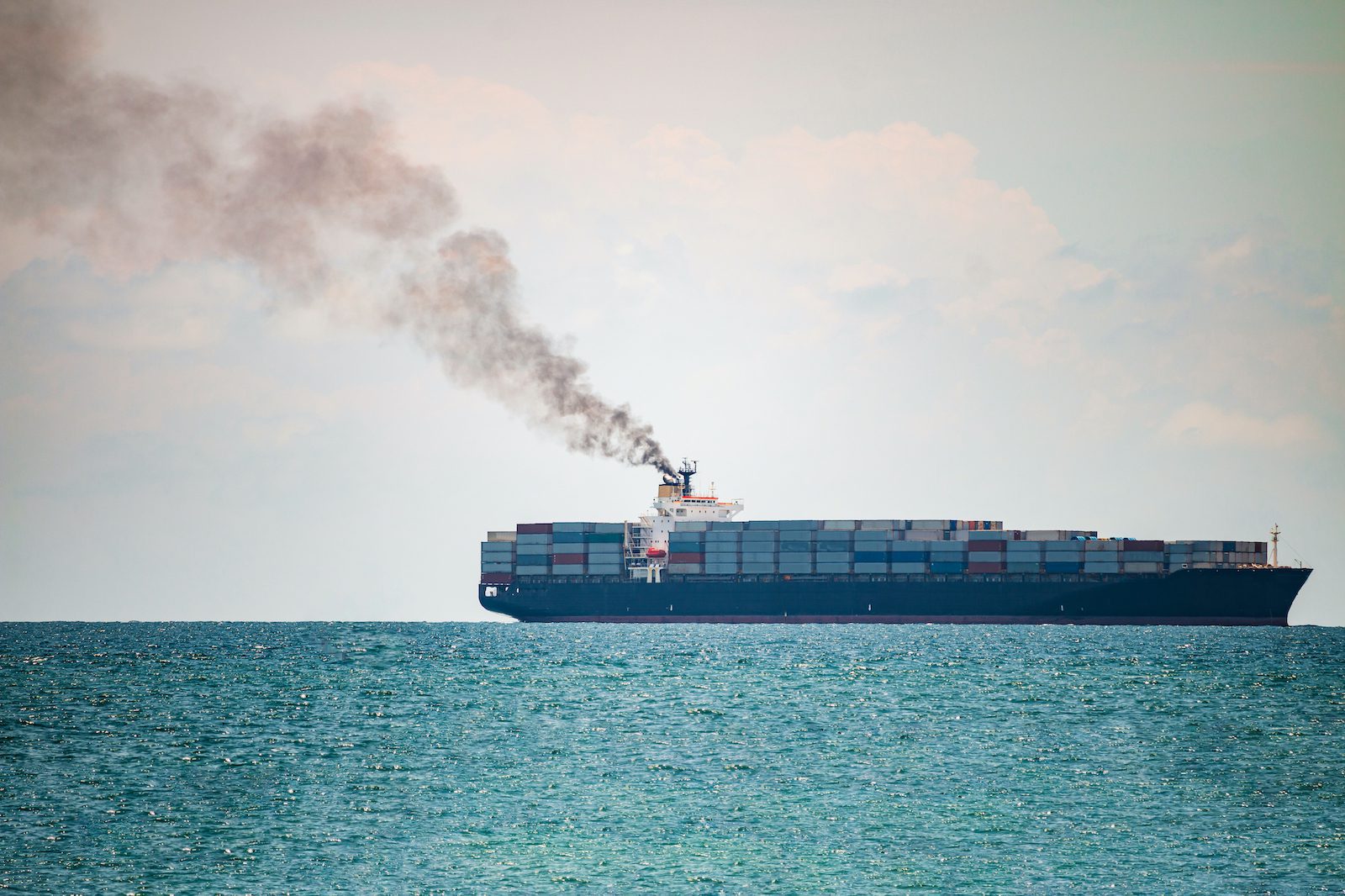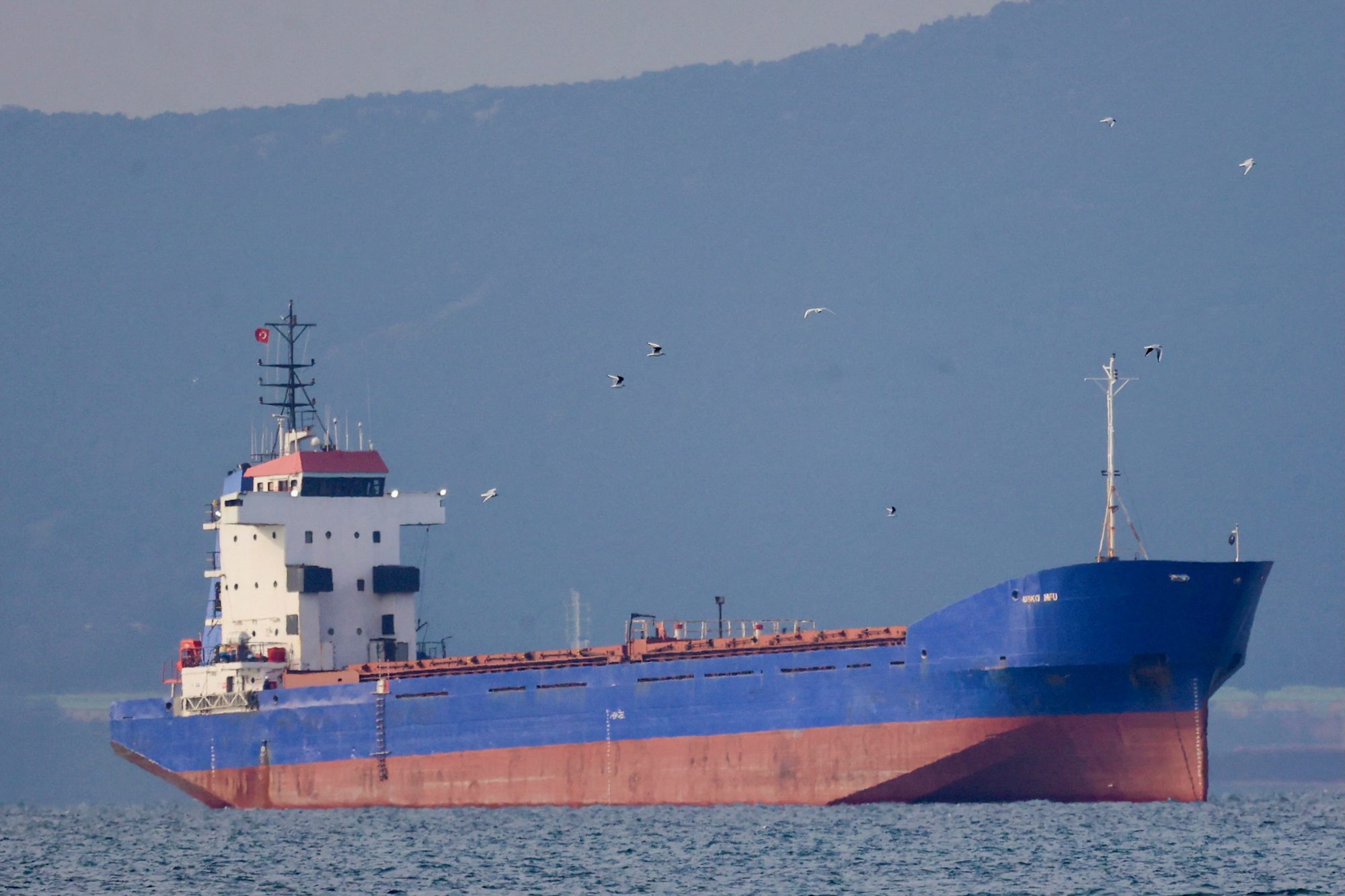By Ira Breskin –
BIMCO, which provides most standard ship charter parties or leasing contracts, recently drafted a clause that makes charterers responsible to pay for vessel emissions allowances or credits.
The Baltic and International Maritime Council’s “ETS – Emissions Trading Scheme Allowance Clause for Time Charter Parties 2022” also assigns administration of the allowances to the ship owner or ship manager.
Fundamentally, the clause requires both shipping contract parties to cooperate and collaborate, BIMCO says.
Specifically, the clause spells out how a carrier should rebate credits when a ship is off-hire.
BIMCO offers the clause to provide clarity in anticipation of the European Union’s mandatory ship emissions trading scheme becoming effective shortly, likely early next year.
Emissions Trading Systems (ETS) are “cap and trade” schemes that permit carriers to emit greenhouse gases in exchange for allowances.
The draft clause assigning financial responsibility for vessel emissions adheres to the “polluter-pays” principle by ensuring the pass-through of ETS costs to the commercial operators of vessels – in this case, time charterers, BIMCO says.
Emissions trading exchanges will determine the price of the allowances.
To encourage carriers to reduce carbon and greenhouse gas emissions, the ETS program will reduce the number of allowances available, over time, Copenhagen-based BIMCO reports.
Carriers can cut emissions by slow steaming or using alternative fuels.
The EU’s ETS program likely will become effective in 2023, with financial settlement for that year’s emissions due in the early 2024, said Lars Robert Pedersen, BIMCO’s deputy secretary general, technical, during a recent BIMCO webcast.
Enactment of the new emissions policy will follow the EU’s expected release later this year of the final ETS shipping industry rules, Pedersen said.
“There are still a lot of unknowns here,” he added.
The EU, which operates the world’s largest ETS, mandated earlier this year that the shipping industry join its larger emissions reduction program, the “Fit for 55” package. Ships that call at EU ports must participate.
In the absence of a “global” emissions reduction scheme, non-EU nations could develop discrete ETS’, Pedersen said.
Separately, the International Maritime Organization (IMO) is expected to introduce updated emissions regulations at the next scheduled meeting this spring of the Marine Environment Protection Committee.
New IMO regulations could include a large-scale mandatory emissions trading scheme.
To date, IMO has announced broad industry emission-reduction goals for 2030 and 2050.
Finally, BIMCO also expects to soon release a second, new clause for time charter parties following the IMO’s recent introduction of a carbon emissions reduction initiative.
That clause will address liability should the operator of a large commercial vessel fail to begin drafting an IMO-mandated vessel-specific carbon emissions reduction plan beginning on January 1, 2023.
The plan is part of the Carbon Intensity Indicator initiative.
Ira Breskin is a senior lecturer at State University of New York Maritime College in the Bronx, NY and author of The Business of Shipping (9th edition, 2018), a primer that explains shipping economics, operations and regulations.
Unlock Exclusive Insights Today!
Join the gCaptain Club for curated content, insider opinions, and vibrant community discussions.

 Join The Club
Join The Club













